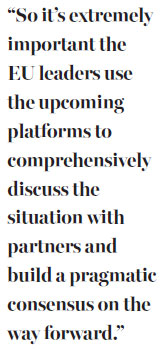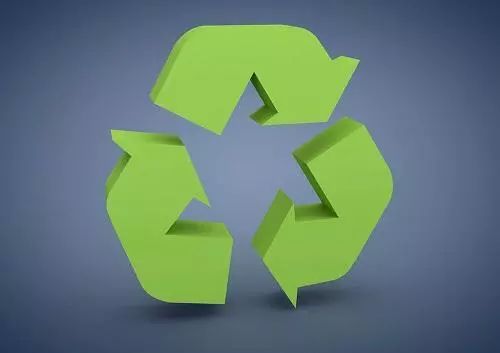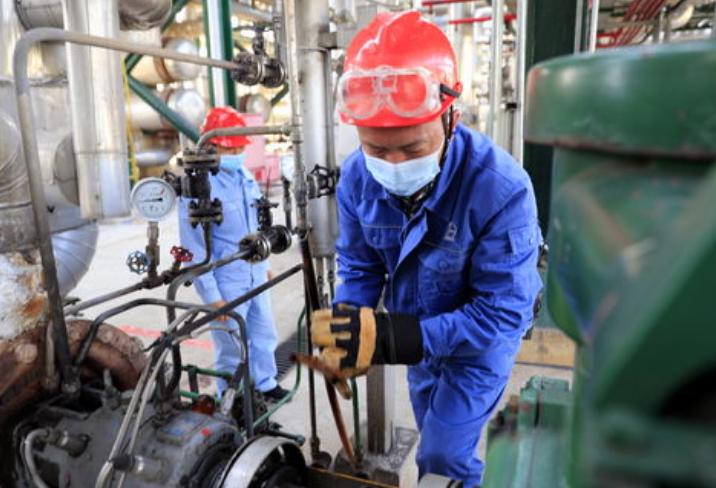In the midst of a global industrial revolution that has reshaped our world in countless ways, one aspect of modern life has become increasingly concerning: the widespread use and disposal of plastic products. Plastic, once hailed as a miracle material for its durability, versatility, and low cost, has now become a ubiquitous presence in our daily lives. However, its convenience has come at a steep environmental and health cost. The time has come for a collective shift in our mindset and behavior, urging us to reduce our reliance on plastic products for the sake of our planet's future.
The Problem with Plastic: A Global Epidemic
Plastic pollution is a global crisis that affects every corner of the world. According to the United Nations Environment Programme (UNEP), approximately eight million metric tons of plastic waste is generated annually, with only a small fraction being recycled. The majority ends up in landfills, natural environments, and oceans, where it breaks down into microplastics that can contaminate water sources and enter the food chain. The consequences are dire: plastic debris has been found in every continent except Antarctica, with the Great Pacific Garbage Patch, a vast accumulation of plastic debris in the Pacific Ocean, serving as a stark reminder of our collective negligence.
The health implications of plastic pollution are equally alarming. Microplastics have been detected in air, water, and even human bloodstream, posing a threat to both wildlife and human health. Studies have linked plastic consumption to various health issues, including hormone disruption, increased risk of cancer, and reproductive system damage.
The Environmental Impact: Beyond Pollution
The environmental impact of plastic extends beyond mere pollution. The production process itself is incredibly resource-intensive and contributes significantly to greenhouse gas emissions. Plastic manufacturing requires vast amounts of fossil fuels, such as oil and natural gas, which are non-renewable resources and major contributors to climate change. Moreover, the energy-intensive process of recycling is often underutilized or poorly executed, leading to a cycle of pollution rather than a solution.
The linear model of "take-make-dispose" that underpins much of our plastic economy is unsustainable. It encourages a mindset of consumption without regard for the consequences, resulting in a mounting pile of waste that outstrips our ability to manage it effectively. To address this crisis, we must adopt a circular economy approach that prioritizes the reuse, repair, and recycling of products.
The Role of Individuals: Small Actions with Big Impact
While governments and industries play crucial roles in addressing the plastic crisis, individuals too hold immense power in driving change. Simple yet impactful actions can help reduce our reliance on plastic products and promote a more sustainable lifestyle. Here are some practical steps that each one of us can take:
1、Carry reusable bags: Instead of relying on single-use plastic bags at the grocery store or market, carry reusable bags made from durable materials like cotton or polyester. This simple act can significantly reduce the number of plastic bags entering the waste stream.
2、Say no to straws and stirrers: Many plastic straws and stirrers are used only once before being discarded. Opting for paper or biodegradable alternatives can greatly reduce plastic waste. Many businesses are now offering these alternatives by default or providing them upon request to encourage customers to think before they use them.
3、Use reusable water bottles and containers: Instead of buying single-use plastic water bottles, invest in a reusable bottle made from stainless steel or BPA-free plastic. This not only saves money but also reduces the need for millions of disposable bottles that end up as litter or waste.
4、Choose products with minimal packaging: When shopping, opt for products with minimal or no packaging whenever possible. This can be challenging but is becoming more feasible as companies adopt eco-friendly packaging solutions like paper-based or compostable materials.
5、Support companies with sustainable practices: By choosing brands that prioritize sustainability and use eco-friendly practices in their production processes, we can encourage the industry to shift towards more environmentally friendly alternatives. Look for certifications like the Forest Stewardship Council (FSC) for paper products or the Bluesign System for textiles to ensure responsible sourcing.
The Role of Businesses and Governments: A Collaborative Approach
While individual actions are crucial, they are not enough to address the scale of the problem. Businesses and governments must step up their efforts to drive meaningful change. Here are some key strategies that can help:
1、Implement bans and restrictions on single-use plastics: Governments can introduce legislation to ban or restrict the use of certain single-use plastics that have a high environmental impact, such as plastic bags and straws. This approach has already been successful in several countries and cities around the world.
2、Promote circular economy models: Governments should incentivize businesses to adopt circular economy models that prioritize reuse, repair, and recycling over disposal. This can be done through tax breaks for companies that invest in recycling infrastructure or offer incentives for consumers who return used products for recycling.
3、Increase public awareness and education: Governments and non-profit organizations should collaborate to raise public awareness about the dangers of plastic pollution and the importance of sustainable practices. Education programs in schools and communities can instill a sense of responsibility among young people who will inherit the planet's future.
4、Support innovation in sustainable materials: Governments should invest in research and development (R&D) to encourage the development of new materials that are more environmentally friendly than traditional plastics. Biodegradable plastics, for example, offer promising alternatives that can break down naturally over time without causing harm to the environment.
Businesses too have a crucial role to play by adopting sustainable practices within their operations:
Switch to eco-friendly packaging: Companies should strive to use packaging made from recycled materials or biodegradable alternatives where possible. This not only reduces waste but also helps create a circular economy within the supply chain.
Encourage customer behavior change: Businesses can play an active role in promoting sustainable practices among their customers by offering incentives for returning used products or participating in recycling programs. This not only reduces waste but also strengthens customer loyalty by demonstrating a commitment to sustainability.
Transparency in sourcing: Companies should be transparent about their sourcing practices and ensure that they are using materials that are ethically sourced and environmentally friendly throughout their supply chain. This includes using certifications like Fairtrade or Rainforest Alliance for products like coffee or palm oil.
Conclusion: A Shared Responsibility for a Sustainable Future
The challenge of reducing our reliance on plastic products is complex but not insurmountable. It requires a collective effort from individuals, businesses, and governments alike to drive meaningful change towards a more sustainable future. By adopting simple yet impactful actions on an individual level and supporting sustainable practices at larger scales, we can make a significant difference in protecting our planet's health and ensuring its resilience for generations to come.
The time for action is now. As we continue to grapple with the consequences of our actions on this fragile planet, let us remember that every small step towards sustainability is a step towards a better future for all living beings on this Earth.












 京公网安备11000000000001号
京公网安备11000000000001号 冀ICP备15021549号-7
冀ICP备15021549号-7
还没有评论,来说两句吧...